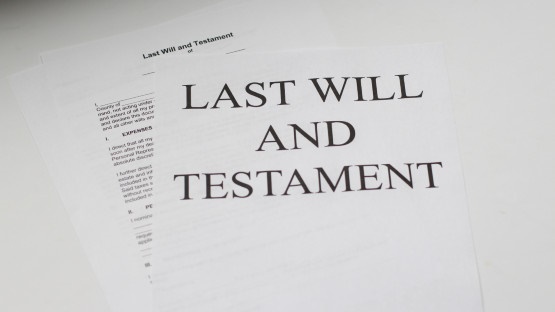But judge says it is too early for defendant to seek proportion of costs of whole claim relating to allegation

A claimant who properly amends their statement of case to remove an allegation of fraud should not be ‘rewarded’ by avoiding the costs of doing so, the High Court has ruled.
His Honour Judge Matthews, sitting as a High Court judge in Bristol, also held that the defendant could not at this stage be awarded a proportion of the costs of the whole claim to date, to represent the costs spent in responding to the allegation.
Packer v Packer [2025] EWHC 27 (Ch) is a probate claim in which the claimant, the deceased’s widow, says he died intestate, while the defendant, the deceased’s sister, says he made two wills before he died, which cannot now be found.
In the claim, the claimant seeks an order that letters of administration be issued to her, while the defendant requests that the court instead uphold the latter will.
At the pre-trial review, the claimant applied to amend her reply so as to remove an allegation that the defendant fraudulently created the wills. The defendant consented to the application the judge made the order, but there was no agreement about the costs of the application.
At the costs hearing, the claimant sought her costs, or at least no order as to costs, on the basis that the defendant should have consented to the application after it was sent to her in draft and not waited until the hearing.
Further, she argued that the conduct of the defendant in not initially releasing the electronic metadata of the two draft wills in fact meant it was reasonable to make the fraud allegation. The metadata showed that they were indeed made at the times alleged by the defendant.
The defendant said costs should follow the event – not only the immediate costs of dealing with the application, but also at least a proportion of the costs already expended by the defendant in meeting the allegation of fraud.
HHJ Matthews found some tension between the authorities on the latter issue, concluding that “the court normally should not, on an application to amend a claim, make an order attempting to deal with the costs already incurred generally in that claim, unless it is reasonably clear that those costs would in any event be awarded in the same way at the conclusion of the litigation.” Here, it was far from clear that this would happen.
In any event, the judge said he did not have enough information to be able to form a view as to what proportion of the costs so far expended could properly be allocated to responding to the fraud allegation.
“There is no evidence from the defendant as to how much of the time that she has spent on the litigation was due to this. She has simply speculated, without any supporting material, that it was between 50% and 70% of the total so far. In the circumstances of this case, that seems very high to me. I could not safely rely upon such a speculation.”
But the point “will remain available to her at the conclusion of this case”, HHJ Matthews said.
On the costs of application, he rejected the argument there was good reason to make a different order to costs following the event.
It was “not reasonable” to have alleged fraud – the claimant should have waited until she had the metadata before doing so and there was no reason, such as limitation, not to have done so.
“But, even if it had been reasonable for the claimant to advance the fraud allegation, that would not mean that there was a good reason to depart from the general costs rule,” HHJ Matthews said.
“The fact is that, during litigation, the parties’ positions change as more information is acquired. A party who alleges fraud and then realises that it is no longer a tenable allegation should of course apply to amend the relevant statement of case. But it is not a reward for ‘reasonable’ pleading to excuse the amending party from the general rule of paying the costs of and occasioned by the application to amend.”
Secondly, while there were circumstances in which a defendant could be criticised for not immediately consenting to an application to amend the statement of case which effectively withdraws an important allegation, this was not one of them.
The application was sent to her in draft on 14 December 2024 and issued on 23 December. The application was for permission to amend a number of paragraphs of the reply, although some were consequential amendments. The key amendment did not just remove the words but also added some to make a different allegation.
“The defendant is a litigant in person. She can hardly be criticised for wishing to take legal advice before deciding what to do about the application. That legal advice could not easily be obtained on just before Christmas, nor probably very easily between Christmas and New Year.
“I am frankly not surprised that it has taken until the beginning of this week for direct access counsel to be instructed, to look at the application and to give advice to the defendant which could be acted upon. The claimant very properly admits that the application could have been issued sooner. In my judgment, the claimant has only herself or her advisers to blame for leaving it so late.”
The judge ordered the claimant to pay the costs of and occasioned by the application on the standard basis.
Michael Selway (instructed by Bailhache Law) for the claimant. Andrei Vasilescu (instructed by direct access) for the defendant.
